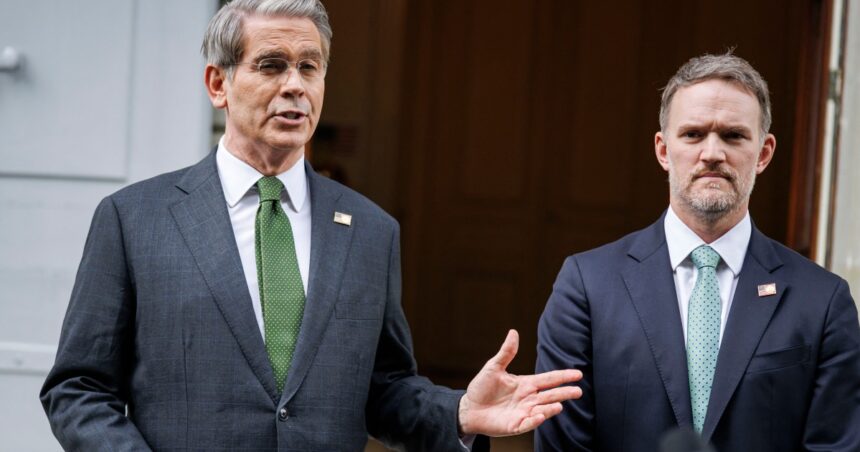China has intensified its scrutiny of the U.S. semiconductor industry, announcing two separate probes shortly before high-level discussions between the two nations set to commence in Spain. The move reflects ongoing tensions over trade, national security, and issues surrounding the social media platform TikTok.
The Ministry of Commerce in China initiated an anti-dumping investigation focusing on specific analog integrated circuit (IC) chips imported from the U.S. This probe will particularly examine commodity interface IC chips and gate driver IC chips, which are primarily manufactured by American companies including Texas Instruments and ON Semiconductor.
Additionally, China’s government announced an anti-discrimination investigation, aimed at evaluating U.S. measures impacting China’s semiconductor sector. A spokesperson from the Ministry of Commerce criticized U.S. actions, claiming that export restrictions and tariffs are efforts to suppress China’s technological advancements, particularly in high-tech industries such as advanced computing and artificial intelligence.
These announcements of probes follow a recent U.S. decision to add 23 Chinese companies to an “entity list” due to alleged activities undermining U.S. national security and foreign policy. Among these are businesses accused of facilitating the acquisition of chipmaking equipment for the major Chinese semiconductor manufacturer, SMIC.
As U.S. Treasury Secretary Scott Bessent prepares for meetings with Chinese Vice Premier He Lifeng in Madrid, the focus remains on mitigating trade tensions. These discussions, scheduled from Sunday to Wednesday, continue a series of negotiations aimed at postponing higher tariffs on each other’s products. Previous meetings have taken place in Geneva, London, and Stockholm, where both nations have agreed to implement multiple 90-day pauses on increasing reciprocal tariffs, averting a full-scale trade war.
During the last round of talks in Stockholm, Bessent characterized the discussions as “very fulsome.” He emphasized the need to “de-risk” key strategic industries, including rare earths, semiconductors, and medicines. Bessent expressed a desire to find balance in the bilateral relationship through collaborative efforts.
Both former President Donald Trump and current President Joe Biden have placed restrictions on China’s access to advanced semiconductors, citing national security concerns. However, China contends that these measures serve as part of a broader strategy to limit its economic growth and technological capabilities. As trade discussions continue, the semiconductor sector remains a focal point of contention between the two nations.







